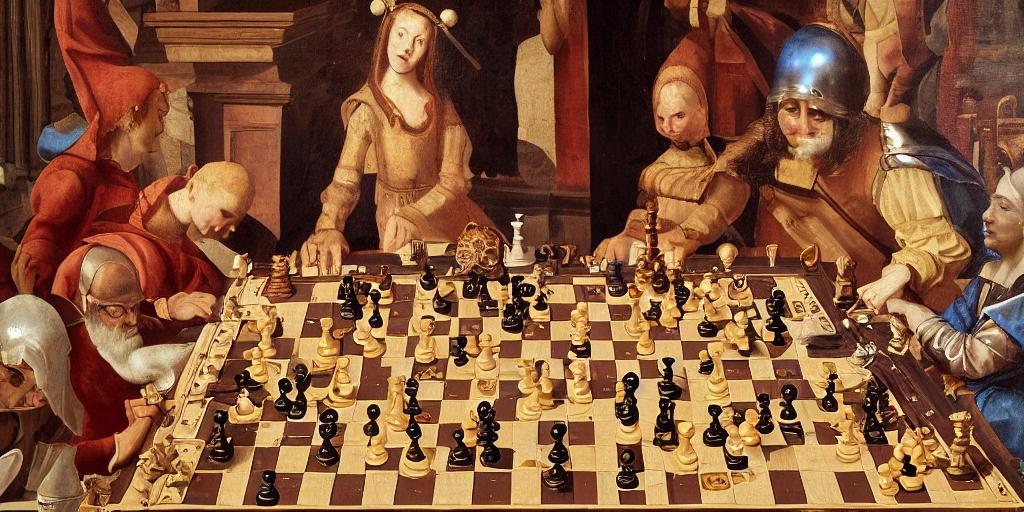
AI and the Endgame: How Technology is Changing Chess
Chess has been captivating players for centuries with its elegant blend of strategy and tactics. From grandmasters to casual enthusiasts, the game continues to fascinate and challenge players of all skill levels. In recent years, the rise of artificial intelligence has added a new dimension to the game of chess, with AI programs capable of defeating even the strongest human players. In this blog, we will explore the intersection of chess and AI, and consider the implications of this technology for the future of the game.
Over the past few decades, AI has made incredible strides in the field of chess. In 1997, IBM's Deep Blue program made headlines when it defeated world champion Garry Kasparov in a highly publicized match. Since then, AI programs have continued to improve, with some reaching superhuman levels of play. Today, many top players use AI-powered analysis tools to improve their game, and "centaur" teams that combine the strengths of human and AI players have become increasingly common in competitive play. As AI technology continues to evolve, it will undoubtedly have a profound impact on the future of chess.

As AI technology continues to advance, it will undoubtedly have a major impact on the future of chess. On the one hand, AI-powered analysis tools and engines can help players of all skill levels improve their game and gain a deeper understanding of chess strategy and tactics. On the other hand, the rise of superhuman AI players may challenge the traditional notion of what it means to be a "good" chess player and raise questions about the role of technology in the world of competitive chess. Ultimately, the future of chess and AI is an exciting and uncertain one, with the potential to change the game in ways we can only imagine.
As a lifelong chess player, I have seen firsthand the incredible impact of AI on the game. Personally, I have used AI-powered analysis tools to improve my own play and gain a deeper understanding of chess strategy. In competitive play, I have faced off against AI players and been amazed at their ability to outmaneuver even the strongest human opponents. While the rise of AI in chess brings many exciting possibilities, it also raises important ethical questions about the role of technology in the game. As we continue to explore the intersection of chess and AI, it will be crucial to consider these issues and ensure that the technology is used in a way that is fair and responsible.
In conclusion, the intersection of chess and AI is a fascinating and complex topic that has the potential to change the game in significant ways. From the rise of superhuman AI players to the use of AI-powered analysis tools, the impact of this technology on the world of chess is already being felt. As AI continues to evolve, it will undoubtedly have even greater effects on the game and its players. As we move forward, it will be important to consider the ethical implications of AI in chess and ensure that it is used in a way that benefits the game and its players.
Composed by OpenAI (https://chat.openai.com/chat)